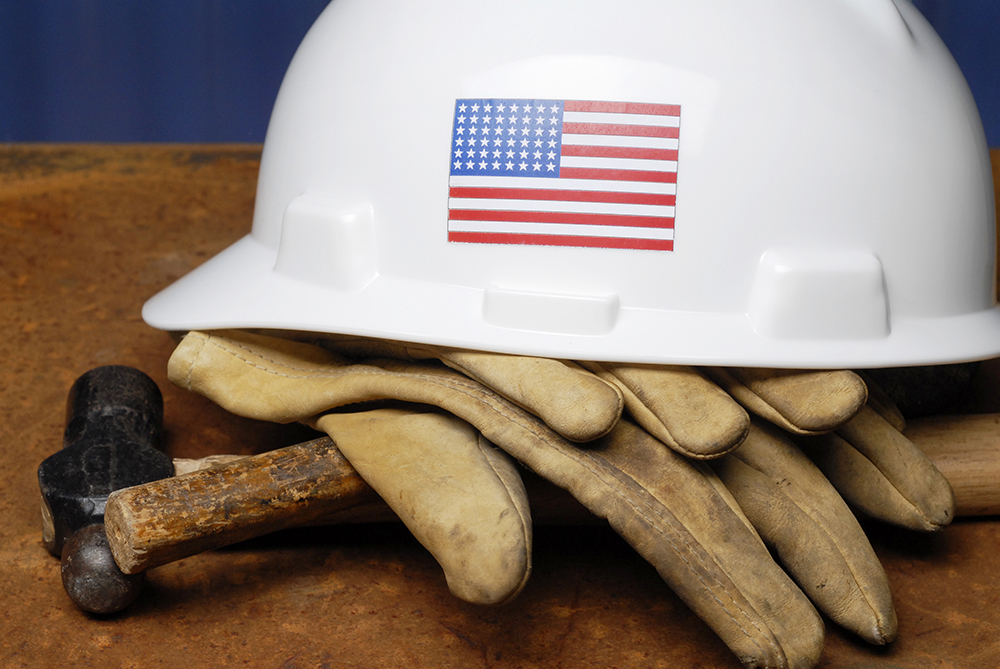A new final rule from the National Labor Relations Board (NLRB) dials back regulations issued in 2015 that, at the time, were seen as a major boost for labor union efforts to organize workers.
When the 2015 rule was issued, employers complained it forced them into “quickie” elections that unfairly benefited unions. As time went on, however, the rule’s impact turned out to be less than many feared. Nevertheless, the new rule is welcome news for employers.
The 2015 rule was a product of an NLRB with a Democratic majority, and it accelerated the process of holding union representation elections. That Board at the time said its aim was to simplify the process by reducing the time between the filing of a representation petition and a union election. It also required employers to quickly submit a position statement addressing all bargaining unit issues and provide information on potential voters in the election.
‘Sensible Change’
Burton J. Fishman, an attorney with Fortney & Scott, LLC in Washington, D.C., said the latest rule addresses most of the concerns employers had about the 2015 rule.
“As the quickie election rules did not have the impact sought or feared, the change won’t be that significant either,” Fishman says. “The new rule does make it easier to resolve voters’ status before an election, which is a sensible change.”
Perhaps more significant than the move away from accelerated union elections is the method the NLRB used to make the change. The Board can choose to set policy either by issuing precedent-setting decisions on cases brought before it or by going through the rule-making process.
“The main point is that this Board is trying to find a way to establish more enduring positions than those derived from its rulings,” Fishman says. By choosing to issue regulations instead of deciding a case on the issue, the Board hopes to slow “the legal pendulum swing we have been observing for decades in too many areas,” Fishman says. “Regulations take longer to create, but they also take longer to change. And that’s the significance of this regulation.”
Joint Employer Rule Expected
The NLRB also is expected to soon issue another final rule eagerly awaited by employers—this one defining what constitutes joint employment. Although the rule is expected soon, the Board also addressed the issue through a case decision.
On December 12, the NLRB issued a decision involving McDonald’s USA, LLC and its franchisees. In the decision, the Board said McDonald’s should not be held responsible for its franchisees’ actions.
Union Dues Case Decision
In another pro-employer action, the NLRB released a decision on December 16 that overrules 2015 changes that govern union dues checkoff obligations when a collective bargaining agreement ends. The Board said its decision in Valley Hospital Medical Center restores precedent that had been in place since 1962.
The NLRB held that an employer’s statutory obligation to check off union dues ends upon expiration of the collective bargaining agreement containing the checkoff provision. The Valley Hospital decision overturns Lincoln Lutheran of Racine and returns precedent to the rule established under Bethlehem Steel.
Tammy Binford writes and edits news alerts and newsletter articles on labor and employment law topics for BLR web and print publications.

